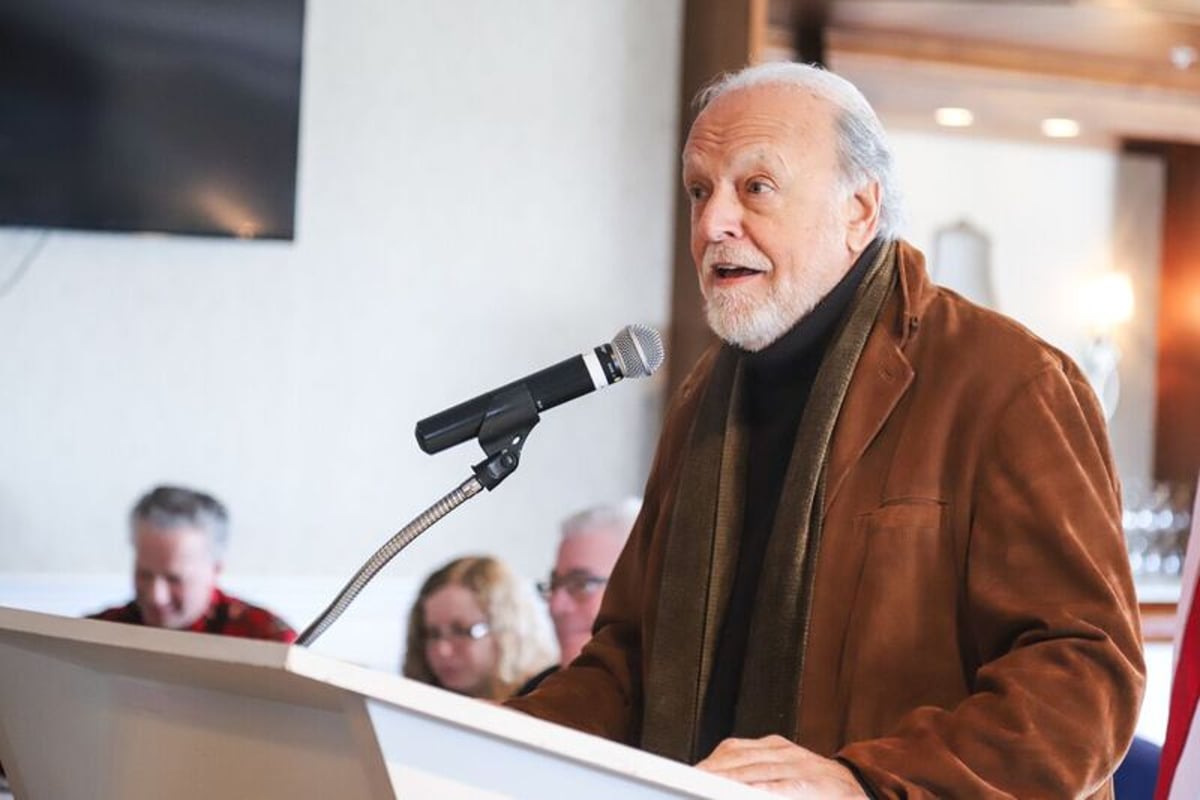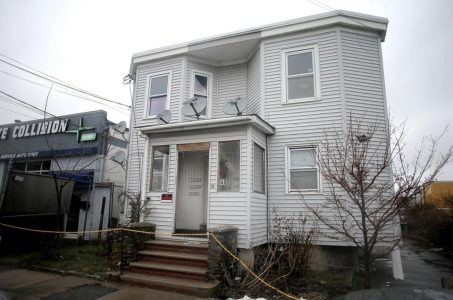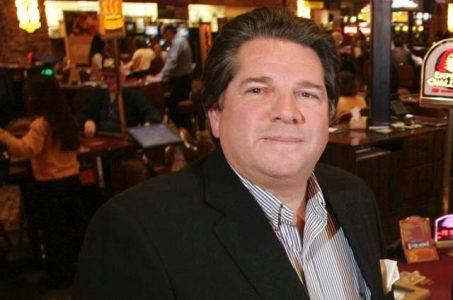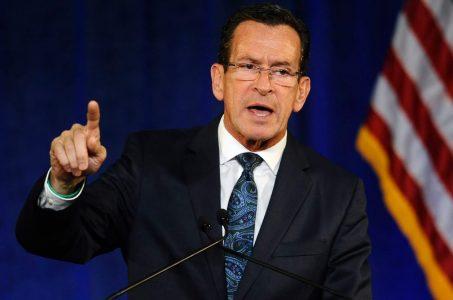Atlantic City Casino Property Tax Break Challenged by County Lawsuit
Posted on: December 23, 2021, 07:38h.
Last updated on: December 23, 2021, 10:53h.
Atlantic City casinos were given around $55 million by the state this week. That’s after lawmakers approved reducing the nine resorts’ annual property payment-in-lieu-of-tax (PILOT). Atlantic County, however, says the deal is unlawful and therefore should be rejected in court.

Atlantic County Executive Dennis Levinson pledged to bring a lawsuit against the state, should Gov. Phil Murphy (D) sign S4007/A5587. The bill stripped iGaming and online sports betting revenue from the PILOT calculation used to determine how much the casinos will pay in collective property tax in the following year.
Levinson wasted no time living up to his commitment. Just hours after Murphy signed the PILOT amendment, Atlantic County yesterday brought a legal challenge naming the state of New Jersey as a defendant.
County Argument
Atlantic County is projected next year to miss out on approximately $4 million under the revised PILOT law, according to the New Jersey Office of Legislative Services. Levinson and county officials say it’s likely higher, at $5 million to $7 million.
Attorneys representing the county say the amendment violates the 2016 PILOT agreement the state and casinos reached. The arrangement came following the closure of five casinos between 2014 and 2016, and the remaining casinos contesting their annual property tax assessments in court.
The original PILOT based the joint tax bill for the casinos on their gross gaming revenue generated in the preceding year. The new PILOT removes iGaming and mobile sportsbook income, which will drastically cut the casinos’ 2022 tax responsibility down from $165 million to $110 million.
The casinos argue much of the online revenue is shared with third-party iGaming firms that have little interest in Atlantic City. The industry also contends that its market remains on shaky ground due to the pandemic. But critics point to robust gaming numbers and strong recent profit reports.
The PILOT program is to run through 2026. Levinson says the estimated total tax loss for Atlantic County if the new calculation is enacted is $35,475,000.
Legal Opinions
There are some who believe Atlantic County certainly has a case, and that its odds of winning are strong.
The Casino PILOT IS probably unconstitutional. It screams a Uniformly Clause violation. The State Court has been reluctant in the past to decide this issue. Atlantic County has a strong argument that the law violates the previous Settlement Agreement the State will settle.
— Jim Kennedy (@ACEconPolicy) December 22, 2021
Outgoing state Senate President Stephen Sweeney (D) reasons the PILOT change is needed to deter another round of casino closures. The lame-duck Trenton power player opined earlier this month that four casinos are in risk of closing without a property tax break.
Like the original PILOT law that averted casino bankruptcies, these new laws were needed to prevent the potential closures of two to four casinos in the wake of two rocky years of reduced tourism and convention cancellations due to COVID-19 restrictions and fears,” Sweeney declared.
The county lawsuit rests with New Jersey Superior Court Judge Joseph Marczyk. He said he needs time to review the complex financial impact of the PILOT rearrangement. That’s before deciding whether to issue a temporary restraining order that would halt the legislation’s enactment.
Related News Articles
David Baazov Forms New Global Investment Company
Wynn Boston Harbor Paying Top Dollar to Demolish Nearby Homes
Galaxy Gaming Back in Nevada’s Good Graces Without Ousted CEO Saucier at Helm
Connecticut Governor Balks at MGM Proposal for $675M Bridgeport Casino: ‘Impossible’
Most Popular
FTC: Casino Resort Fees Must Be Included in Upfront Hotel Rates
Genovese Capo Sentenced for Illegal Gambling on Long Island
NBA Referees Expose Sports Betting Abuse Following Steve Kerr Meltdown
UPDATE: Former Resorts World & MGM Grand Prez Loses Gaming License
Most Commented
-
UPDATE: Whiskey Pete’s Casino Near Las Vegas Closes
— December 20, 2024 — 30 Comments -
Caesars Virginia in Danville Now Accepting Hotel Room Reservations
— November 27, 2024 — 9 Comments -
UPDATE: Former Resorts World & MGM Grand Prez Loses Gaming License
— December 19, 2024 — 8 Comments -
FTC: Casino Resort Fees Must Be Included in Upfront Hotel Rates
— December 17, 2024 — 7 Comments
















No comments yet